Downgrading an iPhone From iOS 17 to iOS 16 is No Longer Possible
Following the release of iOS 17.0.3 earlier today, Apple has stopped signing iOS 16.6.1, iOS 17, and iOS 17.0.1, preventing iPhone users from downgrading to any of those software versions. Apple continues to sign iOS 17.0.2 for now.
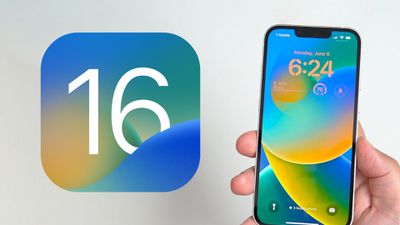
Notably, this means that it is no longer possible to downgrade an iPhone from iOS 17 to iOS 16. It is not possible to downgrade to iOS 16.7.
Apple routinely stops signing older iOS releases over time in order to prevent users from downgrading to previous software versions.
iOS 17.1 is expected to be released later this month.
Popular Stories
iOS 17.2 has been in beta testing for over a month, and it should be released to all users in a few more weeks. The software update includes many new features and changes for iPhones, including the dozen that we have highlighted below. iOS 17.2 is expected to be released to the public in mid-December. To learn about even more features coming in the update, check out our full list. Journal ...
Unidentified governments are surveilling smartphone users by tracking push notifications that move through Google's and Apple's servers, a US senator warned on Wednesday (via Reuters). In a letter to the Department of Justice, Senator Ron Wyden said foreign officials were demanding the data from the tech giants to track smartphones. The traffic flowing from apps that send push notifications...
Apple today released new firmware update for both the Lightning and USB-C versions of the AirPods Pro 2. The new firmware is version 6B34, up from the 6B32 firmware introduced in November. Apple does not provide details on what features might be included in the refreshed firmware beyond "bug fixes and other improvements," so it is unclear what's new in the update, but prior software releases ...
Apple's Korean suppliers have begun developing smartphone under-display cameras (UDC), paving the way for the first iPhone with a true "all-screen" appearance. According to The Elec, LG Innotek has entered the preliminary development of the UDC, which sits under the display and does not result in a visible hole in the panel when the camera is not in use. A UDC differs from a typical front ...
The iOS 17.2 update that Apple is set to release to the public in the near future will bring support for the next-generation Qi2 wireless charging standard to the iPhone 13 and iPhone 14 models. Qi2 was mentioned in the release notes for the RC version of the update that came out today. With the addition of support for the new standard, iPhone 13 and iPhone 14 models will work with Qi2...
Recently, MacRumors has received details on the battery currently being tested on the upcoming fourth-generation iPhone SE, and the information corroborates previous findings in relation to the device. The iPhone SE 4, known by its device identifier D59, is expected to use the exact same battery found in the base model iPhone 14. Partially assembled prototypes of the next iPhone SE have been ...
Today we're tracking a collection of deals that are matching - or nearly matching - the same all-time low discounts we saw during Black Friday. This includes the AirPods Pro 2 with USB-C, 9th generation iPad, and M1 MacBook Air. Note: MacRumors is an affiliate partner with some of these vendors. When you click a link and make a purchase, we may receive a small payment, which helps us keep the ...
Meta has revealed plans to end Instagram users' ability to chat with Facebook accounts later this month, rolling back a feature that it introduced over three years ago. In September 2020, Meta (then Facebook) announced it was merging its Facebook Messenger service with Instagram direct messaging, allowing Instagram users to chat with Facebook users and vice versa using the same platform....



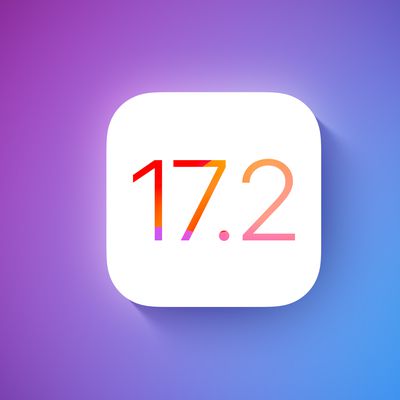
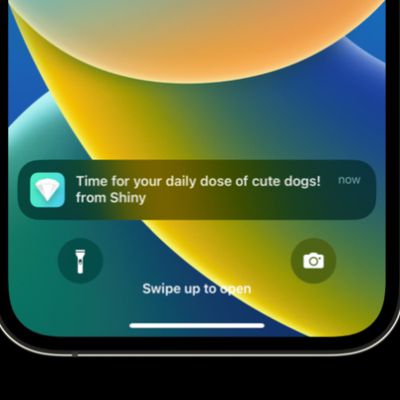

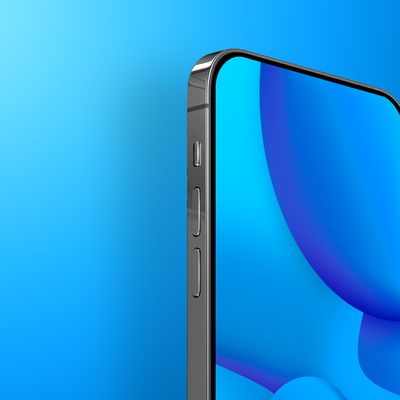
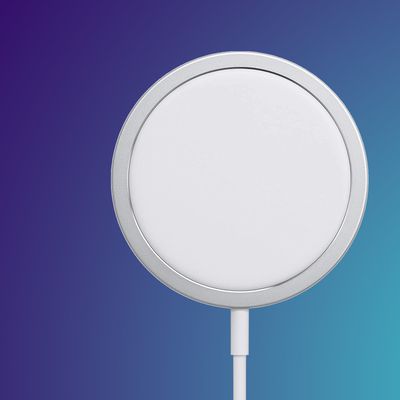
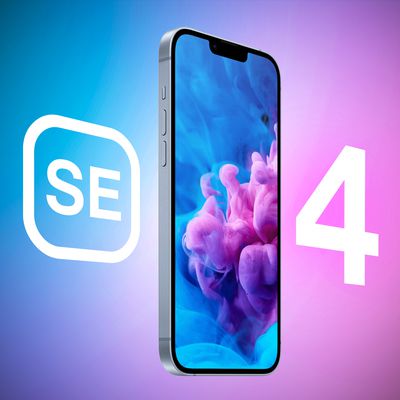

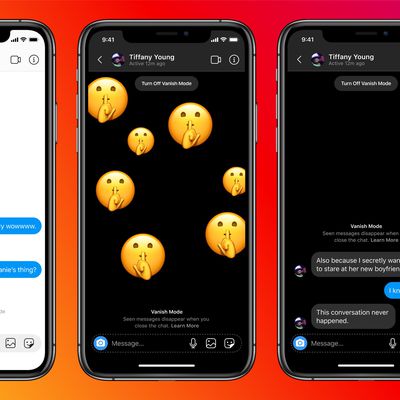











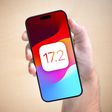

Top Rated Comments
At the moment only rich users have the option of downgrading by buying a second iPhone in the first place just to have the option to return to the old version.
"Signing" iOS should only be a security measure to make sure that it really came from Apple, but Apple uses signing to make users keep a new version against their will.
[LIST=1]
* User chooses to remain on an older version of the operating system.
* Developers have moved on and only support the latest.
* User has an issue with an app due to an incompatibility between the app and their chosen operating system.
Should Apple or the developer have the burden of providing support because a user is refusing to keep up with the latest?
Users *do* have the choice to keep using a particular operating system by turning off automatic updates and never upgrading, so that argument doesn't hold water. The signing prevents downgrading *after* an upgrade has already taken place — either automatically, or manually. In both cases, the user is responsible for the upgrade happening, not Apple.
If it is possible not to upgrade at all, why is it than not possible to downgrade later? I do not mean a real downgrade software, which would be complicate to implement, as you would need ways from every version down to every other version the phone technically supports. I was just thinking about reinstalling from a backup while keeping at least the compatible user data.